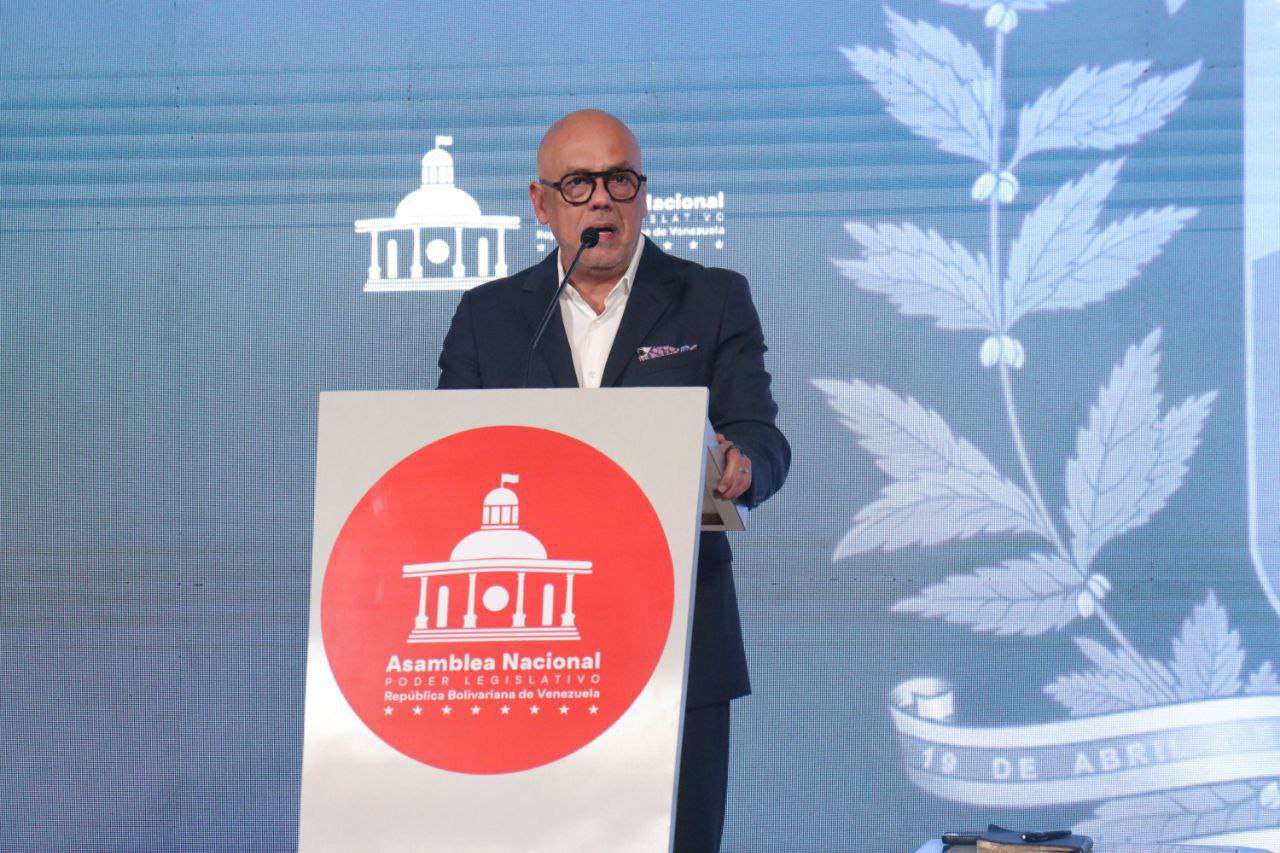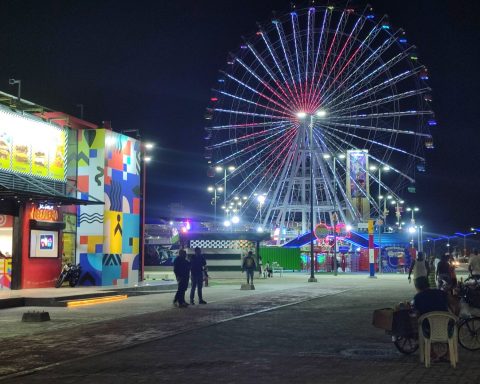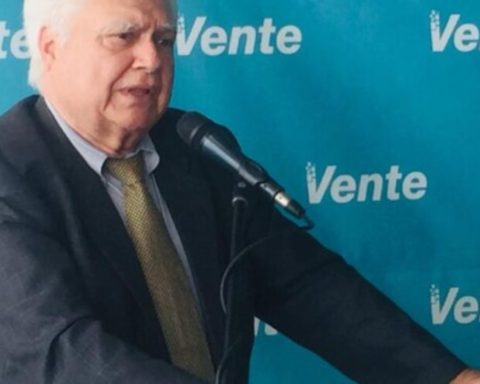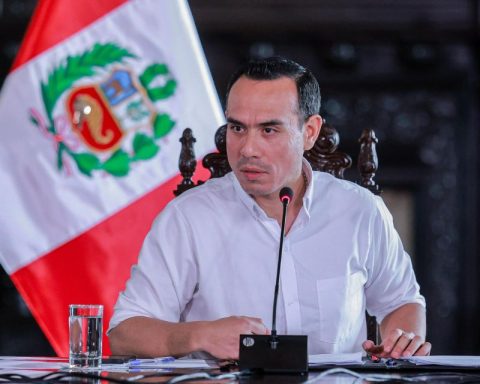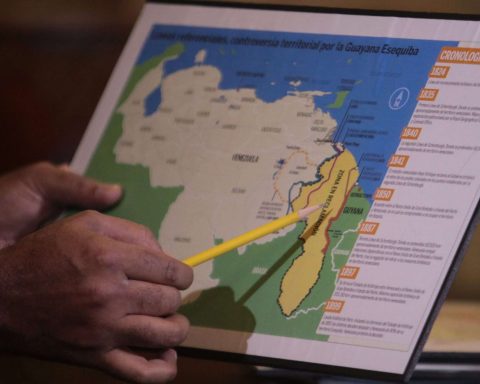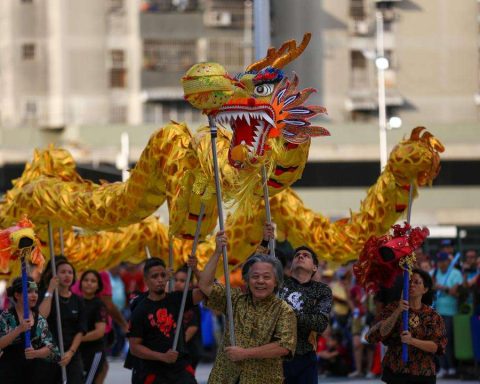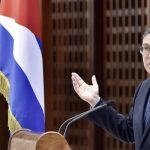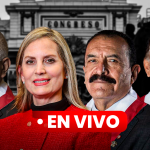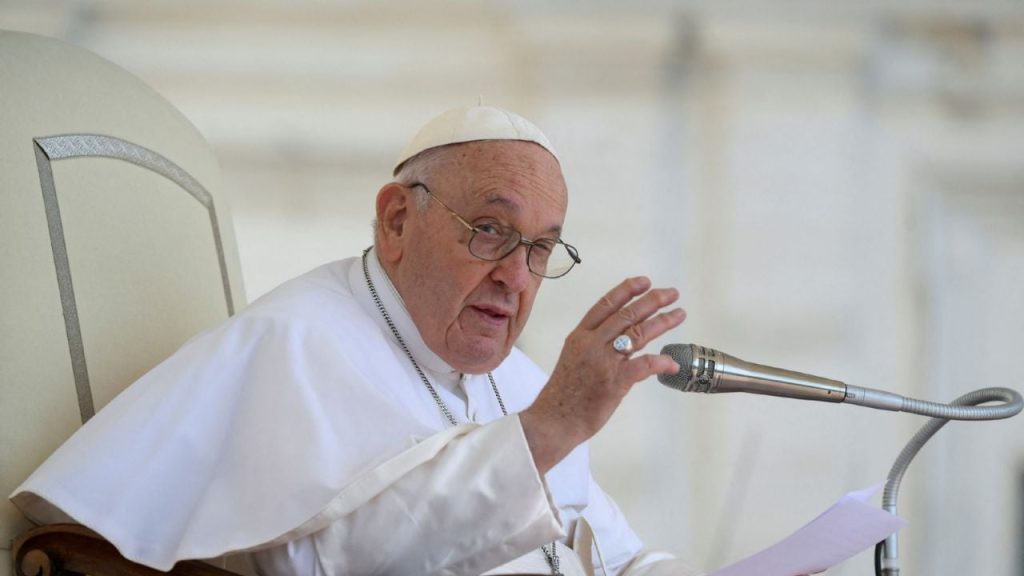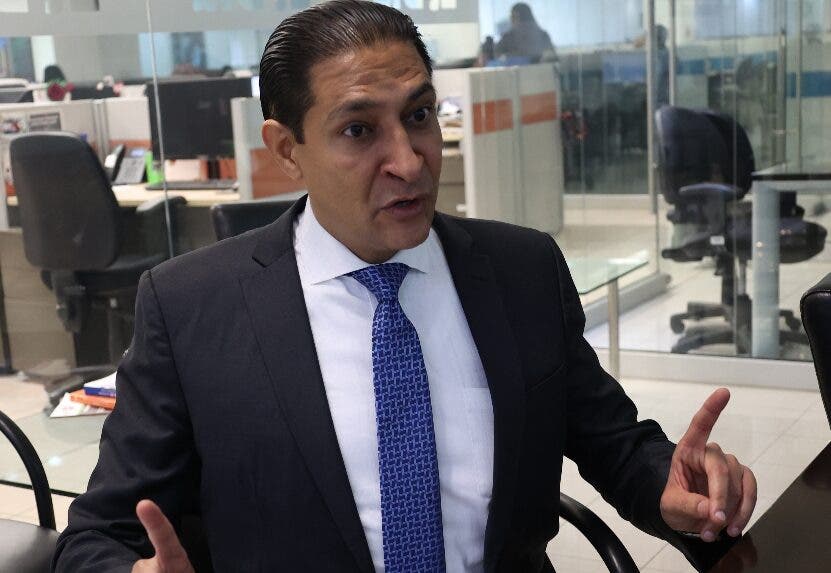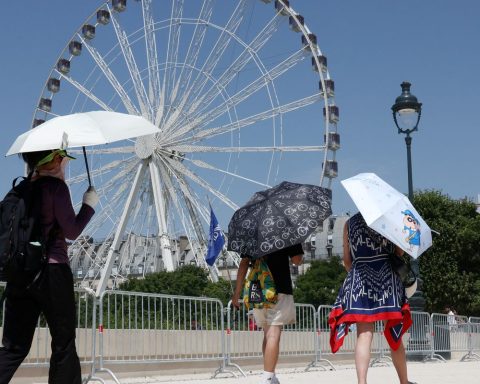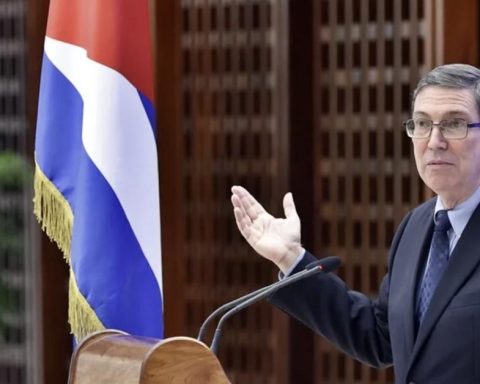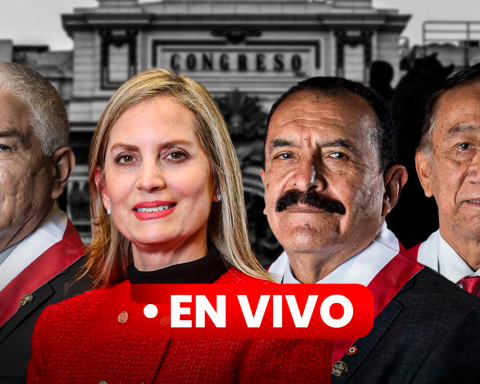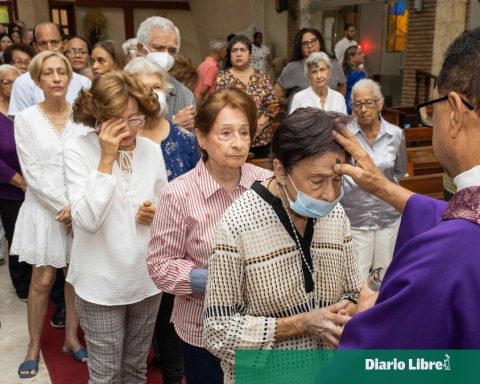In the final stages of the last presidential election campaign, Edmundo González Urrutia, one of the 10 competitors, was already preparing his escape plan, anticipating the violence that would be carried out against Venezuela.
According to sources consulted, Edmundo González appointed an intermediary who helped him design the plan, recommending him in the first instance to approach José Luis Rodríguez Zapatero, former president of the Government of Spain and member of the Spanish Socialist Workers’ Party (PSOE). This was supposedly so that he could act as a lobbyist before the Kingdom of Spain and obtain asylum in that territory.
The intermediary, whose voice was heard in one of the videos released last week, was tasked with setting the agenda for González’s final steps in Venezuela.
That escape plan began to materialize on the same night of Sunday 28J; already in the final hours of that same day, when the CNE announced that candidate Nicolás Maduro had won the presidential election with 5,150,092 (51.20%), according to data collected in 80% of transmission. Then they announced a second bulletin with 96.84% of transmission, where Maduro obtained 6,408,844 (51.95%).
To explain the situation, the Minister of Foreign Affairs of the Netherlands, Caspar Veldkamp, revealed in a letter made public that, at the request of Edmundo González himself, “the day after the elections, I decided to offer him hospitality at the residence of the Chargé d’Affaires of the Kingdom of the Netherlands in Caracas for as long as necessary.”
That letter was made public hours after González Urrutia left Venezuela on a military plane from the Kingdom of Spain. The former candidate left Venezuela on September 7, according to information posted on social media by Vice President Delcy Rodríguez.
Some phrases in the letter signed by the Dutch foreign minister reflect that he was fully aware of the plan that was being hatched to ignore the announced victory of President Maduro. The foreign minister even anticipated the behavior of some presidents in the region who were involved in this plan that aimed to create the basis for delegitimizing Maduro.
This is the phraseology used by the Dutch foreign minister when he gives his opinions on the electoral process that took place on June 28. “On July 28, presidential elections were held in Venezuela. One day later, the National Electoral Council proclaimed Nicolás Maduro the winner without providing the usual evidence,” the foreign minister writes, without mentioning the bulletins issued by the electoral body.
The Dutch foreign minister assumes that there is a break in the constitutional order in Venezuela, as he calls on the international community to request the “restoration of democracy and the rule of law.”
In the letter, the diplomat outlines González Urrutia’s future agenda by revealing that he spoke with him to persuade him not to leave Venezuela because the opposition had an important role in “the transition to democracy.”
But even with this talk, Caspar Veldkamp was unable to keep Edmundo González in the diplomatic residence. González has also not explained why he left the Netherlands Embassy for the Spanish Embassy. It is presumed that there is a letter explaining his decision.
From Spain, on Sunday the 8th, he issued a first statement revealing that his departure from Venezuela was surrounded by “episodes of pressure, coercion and threats.”
Four days after this announcement, González was received at La Moncloa by Pedro Sánchez, head of the Spanish government, who treated him as a Venezuelan opposition leader and not as “president”. After this meeting, González Urrutia declared with words that the Dutch foreign minister had already written in that letter. In other words, he promised to continue “fighting for the recovery of democracy…”.
The day after that Sánchez-González meeting, the Dutch ambassador, Robert Schuddeboom, said goodbye to Venezuela, saying that he was leaving behind three friends: a mango tree, three macaws and a papaya tree that bears fruit all year round.
While in Spain, González Urrutia is called by María Corina Machado, who makes him believe that he is the president-elect of Venezuela. Machado’s words are echoed by other Venezuelan opposition leaders based in Spain, which makes the former candidate stick to the version that he was pressured to sign a letter made public on September 18, in which he recognized Maduro as President of Venezuela.
That same Thursday, September 18, the recipient of that letter, deputy Jorge Rodríguez, offered a press conference describing the circumstances in which those conversations took place, in which González asked them for help to leave Venezuela. Even after that letter and others had already been signed, González himself asked to toast with a Scotch, a proposal that both Rodríguez and the vice president declined.
Apparently the pressure exerted against Edmundo González comes from María Corina Machado herself, who has insisted in recent hours on the need to reverse this kind of capitulation reflected in the letter, dated September 7, sent to the president of the National Assembly, in which she refers to Maduro as the “President of the Bolivarian Republic of Venezuela.”
